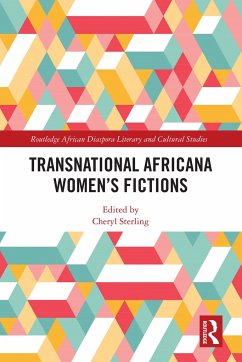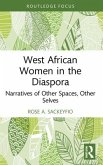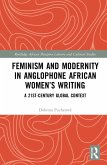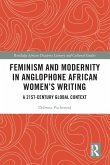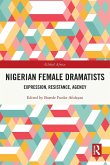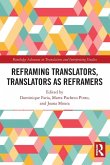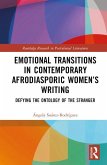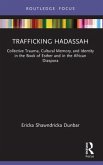This book explores the works of women writers and filmmakers across the African and African Diaspora world, reflecting on how the transnational sphere can serve to highlight voices that were at the margins of gender and race hierarchies.
The book demonstrates how in discourse and theory Africana women are the centers of their own knowledge production and agency, as the artists and their characters point the way forward. Their multi-perspectivism leads to avenues of selective mutuality and influence to generate transformative creative work, scholarship, and practices. Writers included are Sylvia Wynter, Edwidge Danticat, Amanda Smith, Werewere Liking, Chimamanda Ngozi Adiche, Sefi Atta, NoViolet Bulawayo, Nnedi Okorafor, Mariama Bâ, Ama Ata Aidoo, Igiaba Scego, Léonara Miano, Gisèle Hountondji, Monique Ilboudo, and Maryse Condé, as well as filmmaker Kemi Adetiba. Over the course of the book, the contributors critically explore and update the canon on women in the African and African Diaspora literary sphere, highlighting their contributions to theoretical debates and providing substantive nuance to diasporic subjectivity.
This book will be of interest to scholars of African and Africana Studies, comparative literature, and women and gender studies.
The book demonstrates how in discourse and theory Africana women are the centers of their own knowledge production and agency, as the artists and their characters point the way forward. Their multi-perspectivism leads to avenues of selective mutuality and influence to generate transformative creative work, scholarship, and practices. Writers included are Sylvia Wynter, Edwidge Danticat, Amanda Smith, Werewere Liking, Chimamanda Ngozi Adiche, Sefi Atta, NoViolet Bulawayo, Nnedi Okorafor, Mariama Bâ, Ama Ata Aidoo, Igiaba Scego, Léonara Miano, Gisèle Hountondji, Monique Ilboudo, and Maryse Condé, as well as filmmaker Kemi Adetiba. Over the course of the book, the contributors critically explore and update the canon on women in the African and African Diaspora literary sphere, highlighting their contributions to theoretical debates and providing substantive nuance to diasporic subjectivity.
This book will be of interest to scholars of African and Africana Studies, comparative literature, and women and gender studies.

